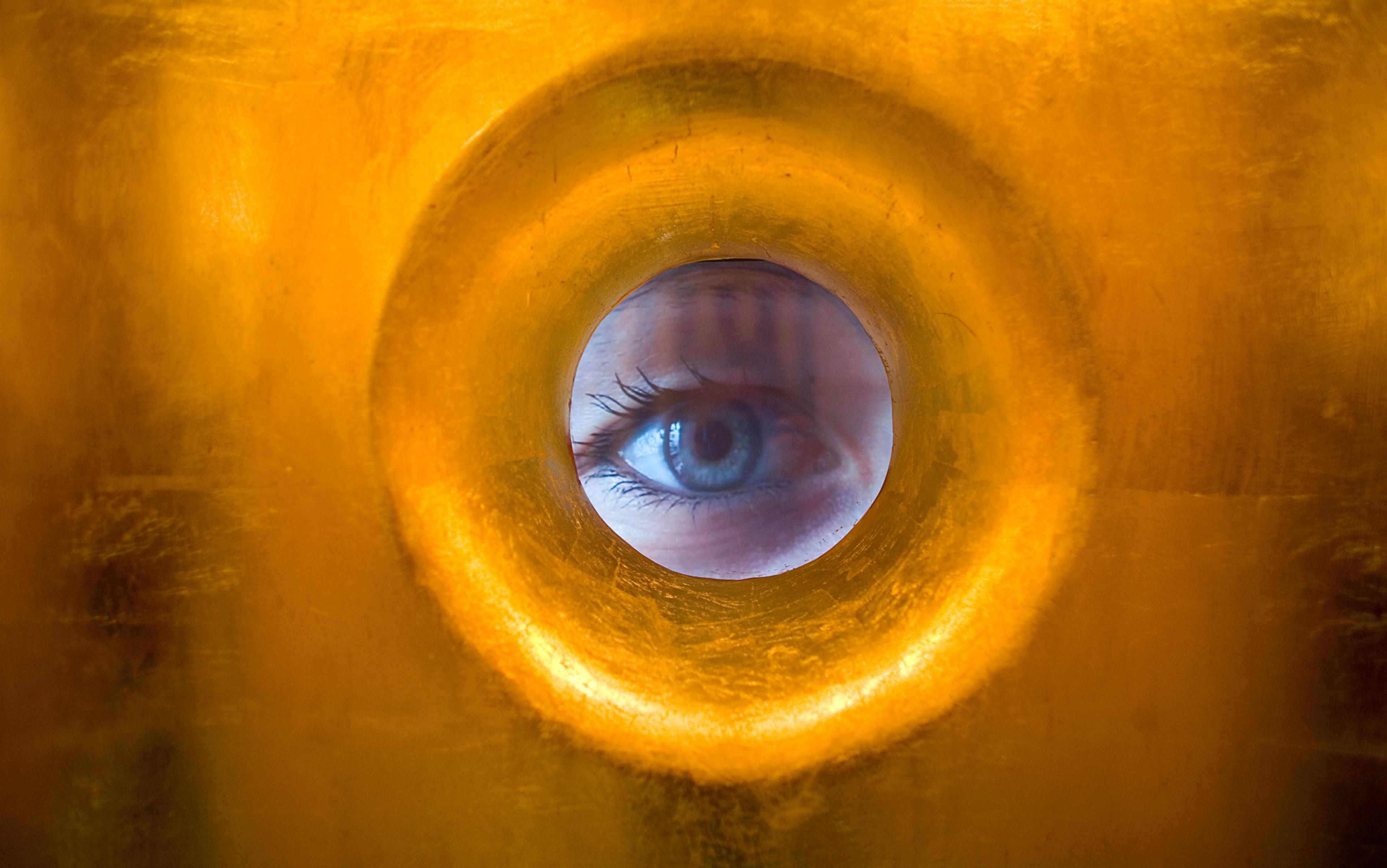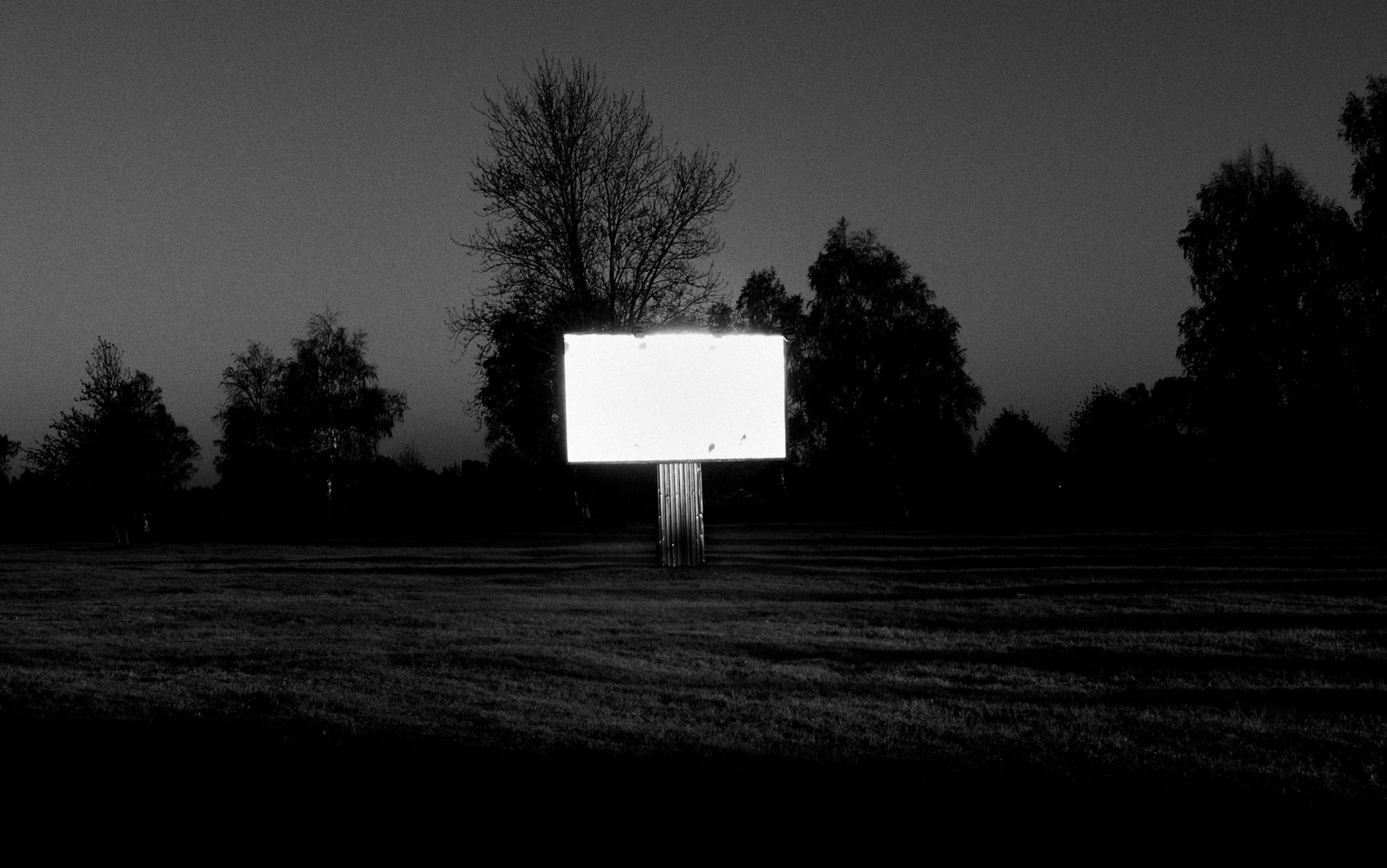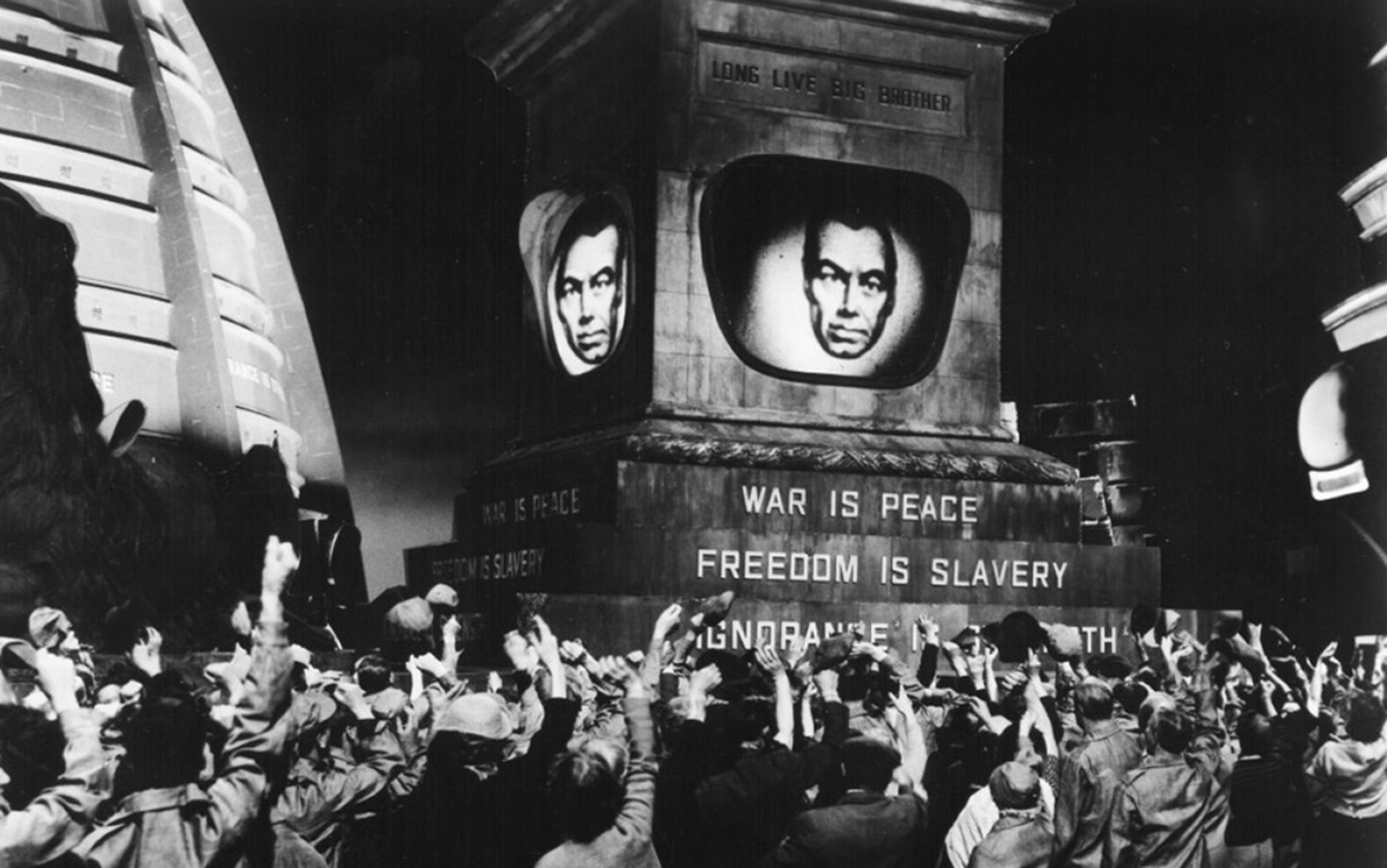In 2006 in California, Anne Wojcicki co-founded the personal genetics company 23andMe, with the mission of ‘helping people access, understand and benefit from the human genome’. For around $100 and a saliva sample, anyone can receive detailed information about their ancestry. If you live in the UK, you also get a range of health information, including genetic risks. 23andMe’s big selling point is the idea that the more we know about our genetics, the better decisions we make.
Better genetic information certainly has huge potential to help people optimise their health and live longer. Knowing you’re at increased risk of certain diseases gives you the option of taking steps to reduce that risk. In 2013, when the actress Angelina Jolie found out she had the BRCA1 gene and an estimated 87 per cent chance of developing breast cancer at some point over her life, she opted to have a preventative double mastectomy – reducing her risk to 5 per cent. Jolie clearly felt that this information made her much better off.
But more genetic information isn’t always better. Unlike for breast cancer, there are no clear preventative measures you can take if you find out you have a high risk of developing Parkinson’s or Alzheimer’s. If that knowledge is going to be a dark cloud over your life, you might reasonably prefer not to know. Information about biological relatives has helped to reunite families, but it has also torn them apart. When ‘George Doe’ (an alias) gave his parents the ‘gift’ of genetic testing, he found out that he had a half-brother that no one else in his family knew about. His ‘gift’ to his parents turned out to be a divorce.
Every day, we’re forced to make decisions about how much we want to know. Sometimes we opt to remain ignorant: by choosing not to learn about the health risks we might face later in life, by putting off finding out how our partner really feels about our relationship, or by avoiding feedback on how well we’re performing at work. When is it worth facing these painful truths, and when are we genuinely better off not knowing?
Many truths are painful to hear initially, but we still think it’s valuable to learn them. Finding out that your new boss hates the reports you’ve been handing in can be disheartening at first, but it seems better to know this in the long run. Other truths, though, make us feel bad without actually helping us in any way. If you have a terminal illness that’s completely untreatable, you might genuinely be happier living your last months in ignorance. A diagnosis might allow you to seek treatment giving you an extra month of life, but if that extra month is riddled with fear and sadness, it might not be worth it. In these cases, it seems like ignorance really might be preferable.
But the benefits to me as an individual aren’t the only reason I might value knowing the truth. The things we choose to know – and ignore – sometimes have consequences for people other than ourselves. It doesn’t benefit me much to know that there are people in the developing world dying of malnourishment. But most people would agree that it’s better to know that there are others who need our help.
there are greater rewards for beliefs that make you feel good, or help your status, than for accurate political beliefs
Even something as apparently personal as the results of a genetic test can have profound consequences for other people. If you have children, for example, it seems wrong to simply decide not to get tested for a genetic condition just because you ‘don’t want to know’. That knowledge might allow your children to make better health choices and take preventative measures in their own lives.
There are also situations where seeking the truth might not directly benefit any one individual, but can still make society better off as a whole. As the economist Bryan Caplan of George Mason University in Virginia points out, having accurate political beliefs is little benefit to one person, because the chances of your vote actually influencing what happens in reality are just too low. From a selfish perspective, there are far greater rewards for having beliefs that make you feel good, or that help your status within a social group, than there are for actually having accurate beliefs about policies. But collectively, our individual beliefs about politics determine the kind of society each of us lives in: how we spend our resources and which policies get implemented.
So far, we’ve been discussing how to weigh the costs and benefits of knowing the truth – both for ourselves and others. But are there ever situations where we think it’s better to know the truth even if it’s not particularly useful to anyone?
Pleasure is one example of something we might think is good in itself, regardless of the consequences. When pressed to explain why positive emotions are good, most of us will end up saying something like: ‘Uhhh… they just are?’ After all, most of us tend to seek pleasurable experiences – eating delicious food, for example – without any thought to whether doing so is ‘useful’.
Many people do seem to have an intuition that truth has some intrinsic value. The late Harvard philosopher Robert Nozick’s thought experiment, the ‘experience machine’ of 1974, helps to illustrate this intuition. Imagine you had the option of being hooked up to a machine that could give you whatever desirable or pleasurable experiences you could possibly want – and you could even make it so that you had no idea that your experiences weren’t real. Hooked up to the experience machine, you could experience a happy and fulfilled life – the only catch being that none of your experiences would actually correspond to any external reality. Would you choose the machine over real life?
‘Physics is like sex: sure, it may give some practical results, but that’s not why we do it’
Most people react strongly, insisting that they would not allow themselves to be connected to the experience machine. This suggests that we care about more than simply having pleasurable experiences – we want those experiences to be real. There are also ‘profound’ truths that seem worth knowing, even if they aren’t useful for anything. Even if we knew for certain that understanding the origin of the universe would have no practical significance for anyone’s life, it still seems like we’d want to know how the world began.
In situations like this, we’re motivated to learn things not because we think they’ll get us something useful, but simply because we’re curious. Curiosity often prompts us to learn about things far detached from our own lives. Theoretical physicists, for example, devote their lives to fundamental scientific research with no clear applications, while others develop a deep fascination with every possible species of dung beetle. As Richard Feynman put it: ‘Physics is like sex: sure, it may give some practical results, but that’s not why we do it.’
Curiosity about trivial things might have evolved. Not because it’s likely to be adaptive, but maybe as a necessary by-product of a drive to understand the world, which is itself useful. Some truths might also seem pointless in themselves, but lead to later discoveries that are incredibly useful, like the use of foundational mathematics in fields such as engineering and computer science. It’s not hard to see how having an accurate picture of reality would have given our ancestors an evolutionary advantage: helping them to find food, water, and avoid predators or rival tribes.
But even if the truth is valuable in itself, that doesn’t mean it’s always better to know. There might still be situations where we should choose ignorance. Indeed, it’s important to distinguish here between intrinsic value and overriding value. Saying that truth has intrinsic value means that something being true is a reason in favour of believing it, and that it might sometimes be good to pursue the truth even when it’s not useful for anything else. It doesn’t mean that the truth is so valuable as to override other things we might value: like pleasure and beauty, for example. So even if truth is intrinsically valuable, we still have to weigh up costs and benefits.
Where does all this leave us? Beyond its practical value, many people feel intuitively that truth might be worth pursuing as an end in itself. But even if truth does have some intrinsic value, there will still be cases where it’s outweighed by other, greater, intrinsic values: I might still be better off avoiding the truth if it would cause me a great deal of pain, for example. This doesn’t mean that truth might not still be worth pursuing in the absence of practical benefits – learning about even obscure topics can be very rewarding for many people.
But even if the truth isn’t intrinsically valuable, it’s still possible that we might be best off acting as if it were. Why might seeking the truth as an end in itself be a good strategy? While we can hypothetically distinguish situations where we’re better off knowing from those in which we’d prefer ignorance, in real life, often it’s hard to tell in advance which case we’re in. If you’re worried about some symptoms and considering going to the doctor, you don’t know whether you’re going to end up in the case where a difficult diagnosis saves your life, or the case in which you learn you’ve got an untreatable disease. In reality, we often have to make decisions about whether to learn the truth or not when there’s uncertainty over what the truth will be.
I struggle to think of any time in my life I’ve learned something and wished I’d remained ignorant
This puts us at risk of making one of two kinds of error: seeking useless (and even harmful) truths, or failing to seek useful truths. Which of these has the bigger downside? If there’s always going to be some uncertainty, which direction should we try to lean in?
It’s surprisingly difficult to come up with examples of situations where knowing the truth about something doesn’t allow you to change anything. Finding out you have an untreatable terminal disease might be beneficial overall if it allows you to better prioritise and appreciate the time you have left. Even if cases do exist where knowledge makes us worse off overall, these cases seem relatively rare. I struggle to think of a single time in my life I’ve learned something and seriously wished I’d remained ignorant. The bigger risk with always seeking the truth might be that we’ll waste too much time on ‘pointless’ truths, time that could be better spent on other things.
Cases where we’re inclined to avoid potentially useful information, by contrast, seem fairly abundant in daily life. There are various well-documented cognitive biases which prevent us from seeking the truth. Research on ‘information avoidance’ suggests that people frequently avoid information that would actually help them. People also often exhibit a ‘confirmation bias’ – seeking out information supporting their existing views, and ignoring, dismissing or selectively reinterpreting information that contradicts them. There generally seem to be much stronger incentives to avoiding knowing the truth than to seek truths that do us harm.
The costs of knowing too little also threaten to be much higher than those of knowing too much. As the psychologist Scott Lilienfeld and his colleagues at Emory University in Georgia argued in a 2009 paper, a great deal of ideological conflict seems to be fuelled by confirmation bias: the fact that people’s beliefs and their egos are so closely intertwined that they cannot even consider an alternative perspective. If people cared more about figuring out the truth about issues, they might be more interested in hearing why others disagree with them, and we might all be better at cooperating on the most important issues. I think we could all benefit from considering why our views might be wrong a bit more often.
If I’m right here that the risks involved in seeking the truth too little are greater than those involved in seeking the truth too much, then aiming to always seek the truth might be a good general rule of thumb. This isn’t to say that the truth is ultimately valuable, or that there are no cases where we’re better off not knowing the truth. Valuing the truth doesn’t mean wasting time on understanding trivial, boring things, or asking everyone you meet what they like least about you. But given that most of the time we’re operating under a great deal of uncertainty, we might benefit overall from believing – falsely! – that the truth is what matters most.
You can read more from Jess Whittlestone or contact her at www.jesswhittlestone.com






